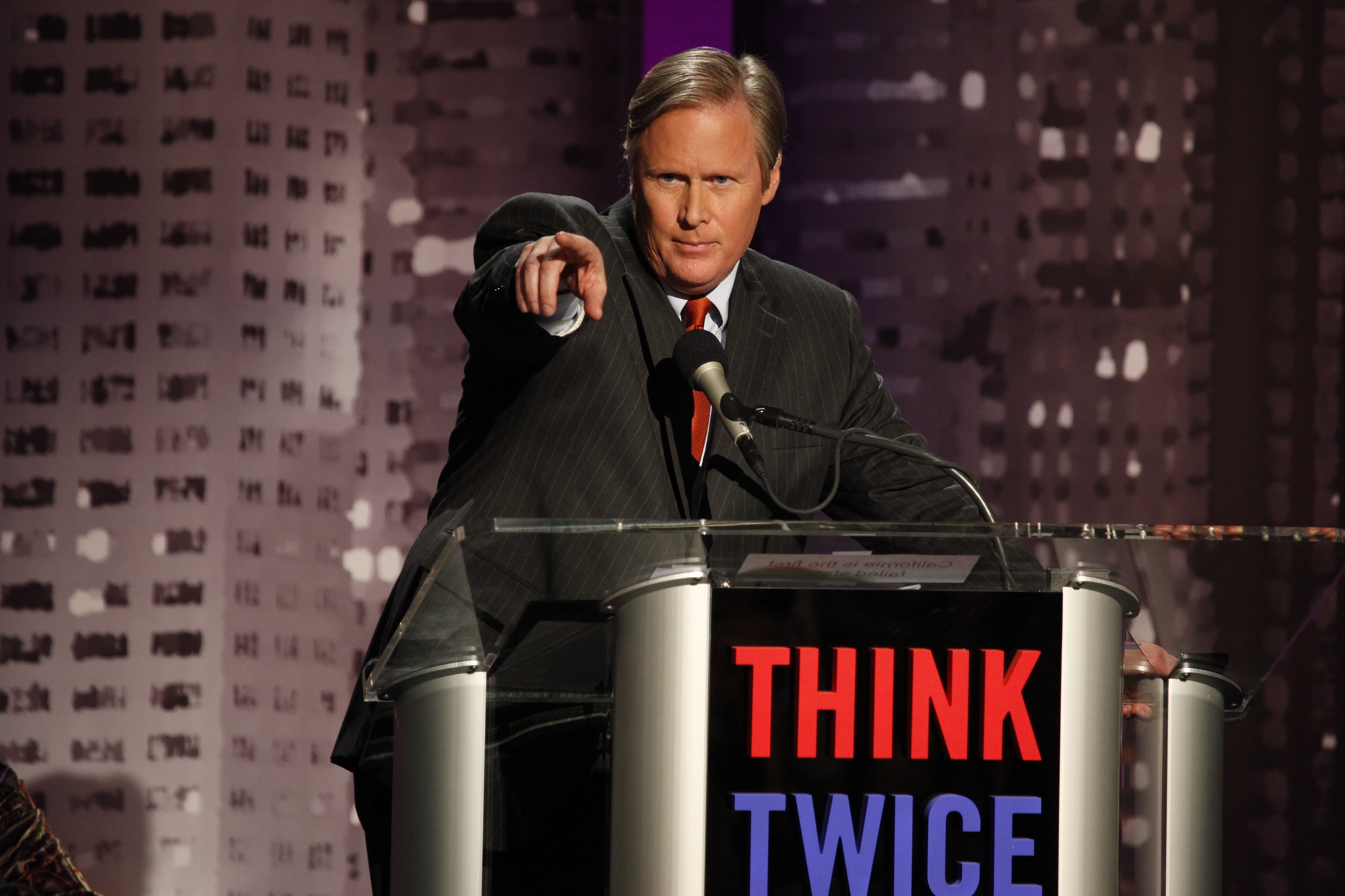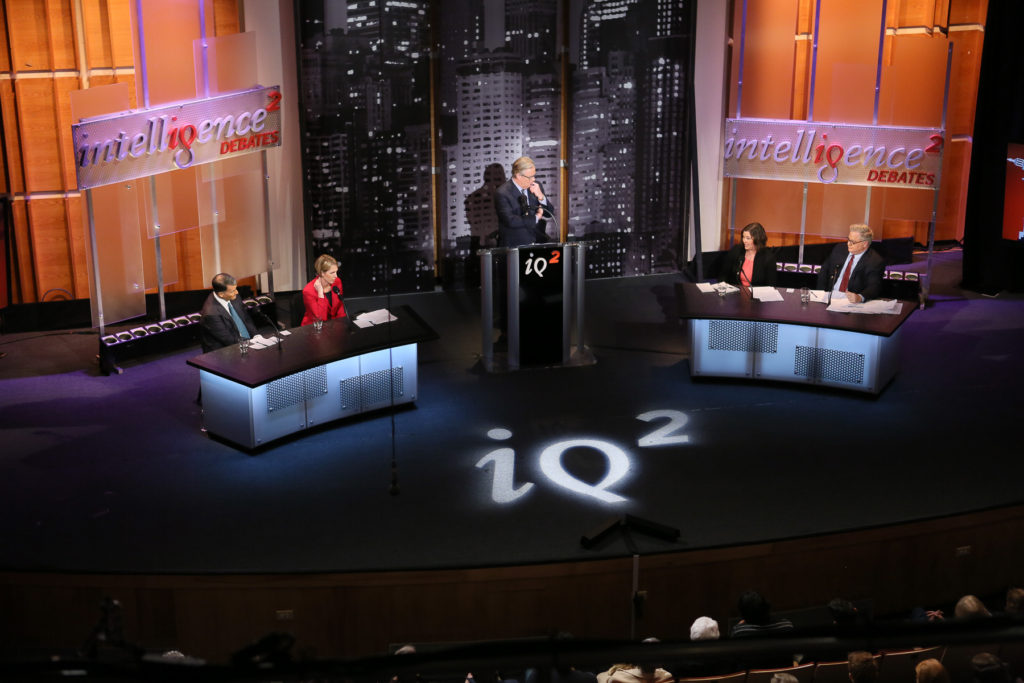Squamish, British Columbia. Read on to find out which production shot here.
Our friends at Spin Genie have analyzed Instagram posts, TikTok views and Google search data to determine which location can be crowned the most iconic site. The study also considered the average hotel costs of the world’s most famous film locations, to share insights into how much a visit could set back fans of the film.
Can you name this neighborhood in London, England and the movie that made this street famous?
The 10 most iconic film locations:
| Rank | Location | Film | No. of Instagram Hashtag Posts | No. of TikTok Hashtag Views | No. of Google Searches | Avg. Cost of Hotel per Night | Overall Score |
| 1 | Petra | Indiana Jones and the Last Crusade | 1,720,357 | 1,100,000,000 | 10,407,000 | $105.00 | 9.17 |
| 2 | Notting Hill | Notting Hill, Love Actually | 1,690,606 | 400,500,000 | 7,865,000 | $159.00 | 8.71 |
| 2 | Salzburg | The Sound of Music | 3,663,924 | 1,600,000,000 | 9,180,000 | $266.00 | 8.71 |
| 4 | Busan | Black Panther | 4,564,704 | 1,800,000,000 | 3,149,000 | $232.00 | 8.56 |
| 5 | Cleveland | Avengers | 8,133,679 | 3,000,000,000 | 6,546,000 | $324.00 | 8.37 |
| 5 | Savannah | Forrest Gump | 3,713,582 | 1,100,000,000 | 7,092,000 | $280.00 | 8.37 |
| 7 | Bruges | In Bruges | 1,444,721 | 149,700,000 | 5,172,000 | $270.00 | 7.39 |
| 8 | Oxford University | Harry Potter | 423,853 | 507,200,000 | 7,980,000 | $378.00 | 7.27 |
| 9 | Matamata | Lord of the Rings, The Hobbit | 180,491 | 268,800,000 | 783,000 | $49.00 | 7.2 |
| 10 | Beverly Hills | Pretty Woman, Clueless | 6,768,763 | 2,800,000,000 | 6,100,000 | $956.00 | 7.16 |
| 10 | Lake Como | Star Wars, House of Gucci | 1,951,742 | 989,300,000 | 6,885,000 | $507.00 | 7.16 |
Indiana Jones fans might hear The Raiders March in their heads when looking at this photograph.
The most iconic film location across the globe is Petra, which can be found in Jordan’s Southwestern desert.
The famous archaeological site is most well-known for appearing in the third Indiana Jones film, Indiana Jones and the Last Crusade, and is featured in over 1.7 million Instagram posts. Petra has also been viewed on TikTok over 1.1 billion times and received over 10.4 million searches on Google between August 2022 and July 2023. For those wanting to visit the site, it will cost you around $105 on average for a hotel nearby.
The second most iconic film location is Notting Hill, which can be found in West London.
The vibrant and trendy area is most well known for appearing in films such as Love Actually, and, of course, the self-titled Notting Hill. Notting Hill is featured in almost 1.7 million Instagram posts and has been viewed on TikTok over 400.5 million times, as well as garnering over 7.8 million Google searches between August 2022 and July 2023. A hotel in the area will set you back around $159 per night.
Also in second place is Salzburg, which is one of Austria’s most famous cities. The baroque city is most well-known for being the filming location of the classic musical The Sound of Music. Salzburg is featured in over 3.6 million Instagram posts and has been viewed on TikTok over 1.6 billion times, as well as accumulating almost 9.2 million Google searches between August 2022 and July 2023. Anyone wishing to visit the city should expect to pay around $266 per night for a hotel room.
Cleveland, Ohio- “The North Coast”
Further findings:
- The most popular film location on social media is Cleveland, Ohio. The US city is featured in over 8.1 million Instagram posts and has been viewed on TikTok over 3 billion times.
- The film location that people are searching for the most on Google is Petra, with over 10.4 million searches being made between August 2022 and July 2023.
- The Tabernas Desert is the most affordable film location for visitors, with hotel costs averaging $71 per night. The cheapest month to visit is March, with a 25% drop in price, and the most expensive month is August, with a 69% rise in price.
- When it comes to famous Canadian film locations, any Twilight fans will be pleased to know that Stawamus Chief Provincial Park, located in Squamish in British Columbia, is featured in both parts of Breaking Dawn. Visitors can stay in a hotel in Squamish for a current average of $247 per night.
Featured image: Stawamus Chief Provincial Park







